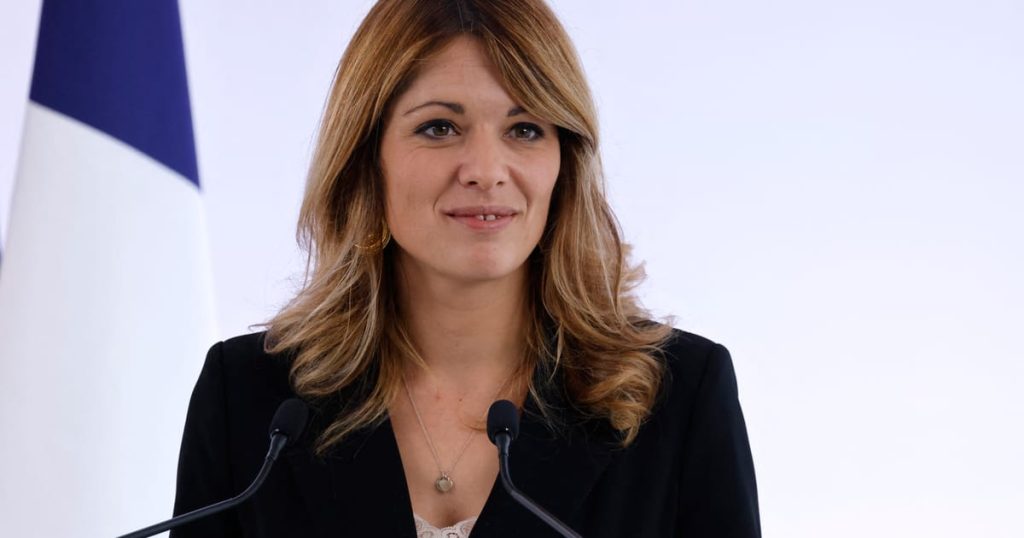In early 2024, a new bill is set to be introduced in France, aimed at enhancing scrutiny on undocumented individuals residing in the country. This proposed legislation will likely extend the duration that these individuals can be detained in administrative centers while awaiting deportation proceedings. Much of the legislative momentum follows the appointment of Michel Barnier as the French Prime Minister, alongside the newly appointed hard-right Interior Minister Bruno Retailleau. Together, they are committed to tightening immigration control, both domestically and within the broader European context. The increased urgency around immigration policies is fueled by growing discomfort and dissent among centrist lawmakers who have historically supported President Emmanuel Macron’s government since his initial election in 2017.
France’s approach to immigration aligns with a broader trend seen across Europe, where various nations are implementing stricter migration policies in response to noticeable political shifts, including electoral successes for populist parties. For instance, Austria recently witnessed a rise in support for the Freedom Party, which is known for its anti-immigrant stance. Both far-right entities and some centrist political groups, including social democrats from countries like Denmark and Germany, are advocating for more rigorous immigration measures. This suggests a significant shift in public sentiment towards favoring tougher restrictions on migration across diverse political landscapes in Europe.
One of the key themes anticipated during the upcoming European Council meeting scheduled for October 17 in Brussels is migration. Interior Minister Retailleau is particularly keen on accelerating the adoption of the new European Union “Migration and Asylum Pact,” a critical reform of the bloc’s migration rules that has been in development for over ten years. This pact represents a collaborative effort among EU member states to address the challenges of migration, but advocates for tougher policies, including Retailleau, are calling for even more stringent measures. Proposed steps include bolstering external border controls, expediting deportation processes, and enhancing partnerships with transit nations from which migrants originate.
Barnier’s government, being a minority administration, faces the challenge of gathering support beyond its own centrist and right-wing parliamentary backing to pass the new immigration bill. The French left is likely to resist any legislative changes aimed at increasing immigration control, which indicates that Barnier will have to seek alliances with far-right groups, particularly the National Rally, to secure the necessary votes. Such a strategy reflects how the political landscape in France has become increasingly polarized regarding immigration, with hardline policies gaining traction.
The rising calls for more stringent immigration policies within France are not merely national concerns but are part of a European trend that reflects broader fears over migration and its implications for national security, social cohesion, and economic stability. As various governments confront pressures from their constituents demanding tougher border policies, there is an underlying complexity that connects these efforts to the ongoing discourse over human rights, humanitarian responsibilities, and the economic contributions of immigrants. Barnier’s administration finds itself navigating this fraught terrain, where the push for stricter immigration laws must also consider the socio-political consequences and the governance of human rights.
Overall, the expected legislative changes in France signal a crucial turning point in the country’s approach to immigration, coinciding with a broader European context that reflects shifting political dynamics and rising populist sentiments. The debate surrounding these issues illustrates the challenges faced by the current French administration as it attempts to balance governmental responsibility towards its populace—cracking down on undocumented immigration while also addressing the humanitarian implications of such strict measures. The coming months will likely provide further insight into the evolving policies and political alliances as those in power work to shape France’s future immigration landscape.














